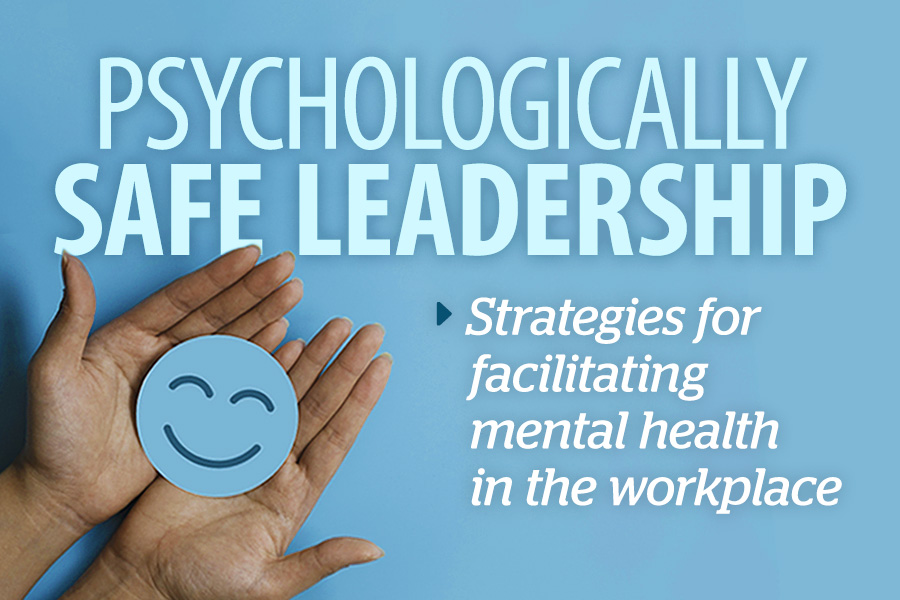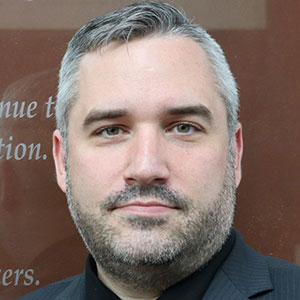

Columns/Blogs
Culture
Mental Health
Build on healthy professional relationships – start with drawing realistic, reasonable expectations
May 19, 2022
By
Bill Howatt

Between expectations and reality often falls disappointment, triggering powerful emotions like frustration, anger, and sadness. Mental fitness is positively impacted by actions perceived to create pleasant emotions that promote positive mental (behavioural) health. How we perceive people we value treat us is critical for emotional well-being.
Perceptions are measured as good or bad based on what we expect someone should do in a situation. For example, a birthday is not a big deal as a child; you get a gift. However, for a new partner, expectations may not be money or a gift, but instead authentically showing interest in celebrating and acknowledging their birthday by baking a cake and making a card.
The source of this disconnect is a lack of conversation around expectations for birthdays. Assuming a partner will always thank us is faulty and unrealistic thinking. In this example, partners’ expectations were never discussed, leading to disappointments. The consequence can be a relationship conflict with hurt feelings and a big energy drain for both parties on a day that should be an energy charge.
The idea that any relationship — particularly an intimate relationship — can last without many conversations and checking in on each others’ expectations is a formula for failure. It is important to set personal boundaries regarding what we will or will not accept. A lack of exploration and conversation around discovering each other’s expectations is a common challenge in many intimate relationships.
Advertisement
We create expectations of how things should be for us based on core values, wants, and needs. Another layer of complexity is that values, wants, and needs change, as do expectations. This does not mean expectations are correct. Talking about expectations helps create boundaries and be realistic about how one expects the other to show up daily in the relationship.
Creating more positive emotional charge than drain
We all have free will and choice. However, to feel empowered, we need to become aware and explore our expectations for ourselves. A common flaw is expecting we will never make a mistake. A mistake can trigger draining emotions like failure and shame.
Perfectionism is the fear of not being good enough for people who are extremely hard on themselves. Being accepted by others begins with accepting ourselves and giving ourselves a break. We all make mistakes because we often make decisions based on emotions that can leave logic at the curb.
Before looking out and setting expectations for others, pause and look inward. It is worth taking an inventory of what you expect from yourself personally and professionally. This exercise is about acknowledging, setting goals, and having a purpose for moving forward. However, accept that life has potholes and be open to the possibility of making mistakes that allow you to learn and grow.
Many couples experience drains in relationships because of unspoken expectations, like in the birthday example. Unspoken expectations are one of the biggest drains I have observed with clients in a clinical setting. Having a set of internal rules or preferences for how things should be but have never been discussed or agreed upon is a gap and risk.
- Seek clarity — Explore important topics around values and behaviours to open channels to discover and find agreement on expectations. For example, “What do you expect from me for your birthday?” If they respond, “Oh, whatever you think,” try to learn about their expectations by saying, “Cool. Can you share a past birthday experience that was not positive for you and one that was positive?” With gentle nudging and curiosity, you can help the person you care about pull what they most liked and disliked from their memory database. This can help you discover their expectations. The problem with missed expectations is operating from what you think, not what the other person thinks and feels is of value as a sign that you value them.
- Calibrate — Life moves fast with constant demands, priorities, and changes that can result in feeling pressure, stress, and overwhelmed. Adopting the practice of calibrating expectations rather than assuming can reduce frustration. Instead of rushing, stressing, and pushing in these moments, calibrate your expectations (e.g., what is realistic to get done today) and those of others. The goal is to create space for yourself and others to move expectations from unspoken to spoken through an objective lens. We can do only so much. Not being able to do everything is not a negative; it is being human.
Expectations can be a source of charge or drain moment by moment as we navigate the demands from the external world and those we put on ourselves.

Dr. Bill Howatt is the Ottawa-based president of Howatt HR Consulting.

Troy Winters is a senior health and safety officer at the Canadian Union of Public Employees (CUPE) in Ottawa.
The Psychologically Safe Workplace Awards (PSWAs) are a national, evidence-based annual competition that measures the employee experience with respect to workplace mental health.
Print this page
